Yangon, Myanmar, 17 Ramadan 1437/22 June 2016 (MINA) – A powerful ethnic party has denounced Myanmar’s government – led by Nobel Peace laureate Aung San Suu Kyi – for its suggestion of a new term to describe a stateless Muslim community in troubled western Rakhine state.
The Arakan National Party (ANP) said in a statement Tuesday that the government had presented a proposal last week to the 32nd session of the Human Rights Council in Geneva that “Muslim community in Rakhine state” should be used instead of the controversial terms “Rohingya” or “Bengali”.
The ANP, which won the majority of seats in Rakhine in last year’s general election, said it was totally unacceptable to use the new term to describe the “Bengali” – a term suggesting Rohingya Muslims are illegal immigrants from neighboring country Bangladesh.
The statement insisted that such “illegal immigrants” had been listed under category “Chittagonian” in censuses conducted during British colonial rule and under “Bengali” in censuses by past governments in 1973, 1983 and 2014, Mi’raj Islamic News Agency (MINA) reported, quoting Anadolu Agency.
Also Read: UN Experts Warn Right Violations in Kashmir by Indian Authorities
“This new term would efface the origin of these Bengalis, and fabricate that these people are Rakhine native,” it said.
The statement was released a day after State Counselor Suu Kyi, who also serves as foreign minister, discussed the situation in the state with United Nations human rights envoy Yanghee Lee, according to state media.
Aung Lin, permanent secretary at the ministry of foreign affairs, told reporters after Monday’s meeting that “foreign minister [Suu Kyi] explained to her [Lee] why we should avoid using such controversial terms”.
He said the government of Myanmar would not use the terms “Rohingya and Bengali”, but rather “Muslim community in Rakhine state”.
Also Read: At Least Nine Children and One Woman Killed in Pakistani Airstrike on Afghanistan
Since mid-2012, communal violence between ethnic Buddhists and Muslims in Rakhine has left around 57 Muslims and 31 Buddhists dead, some 100,000 people displaced in camps and more than 2,500 houses burned – most of which belonged to Rohingya.
Rakhine is also home to other Muslims including the Kaman who are officially recognized as among Myanmar’s 135 ethnic groups, unlike the Rohingya – described by the UN as the world’s most persecuted ethnic minority group.
Since her party’s victory in the Nov. 8 election, Suu Kyi has been placed under tremendous international pressure to solve problems faced by Rohingya but has had to play a careful balancing act for fear of upsetting the country’s nationalists, many of whom have accused Muslims of trying to eradicate the country’s Buddhist traditions.
Suu Kyi has, however, enforced the notion that the root of many of the impoverished region’s problems are economic, and is encouraging investment in the area, which in turn the National League for Democracy hopes will lead to reconciliation between the Buddhist and Muslim communities. (T/R07/R01)
Also Read: Pakistan Condemns Israeli Settler Attacks in West Bank, Al-Aqsa Storming
Mi’raj Islamic News Agency (MINA)





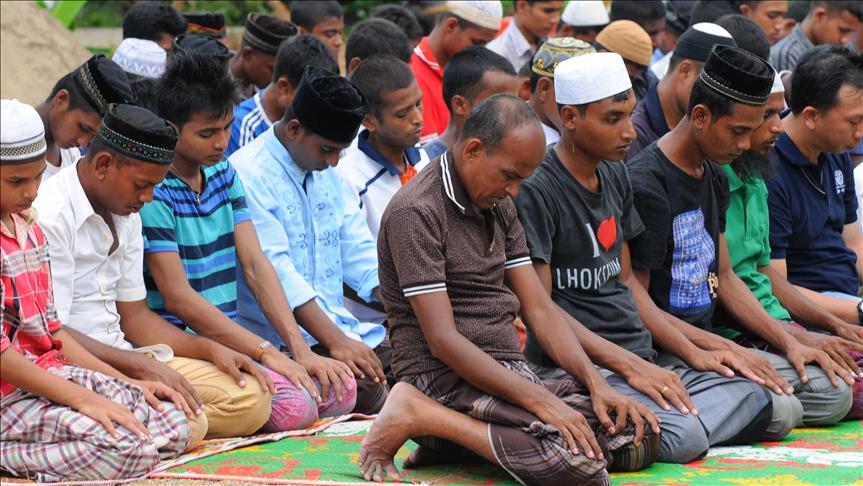


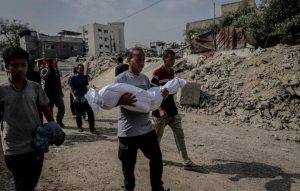
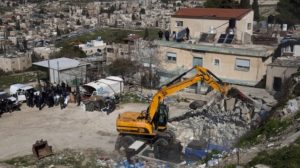
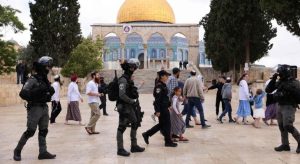
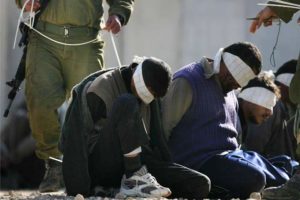

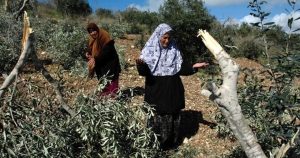


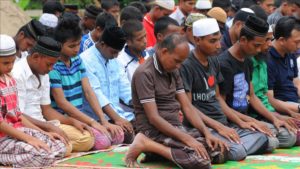












 Mina Indonesia
Mina Indonesia Mina Arabic
Mina Arabic